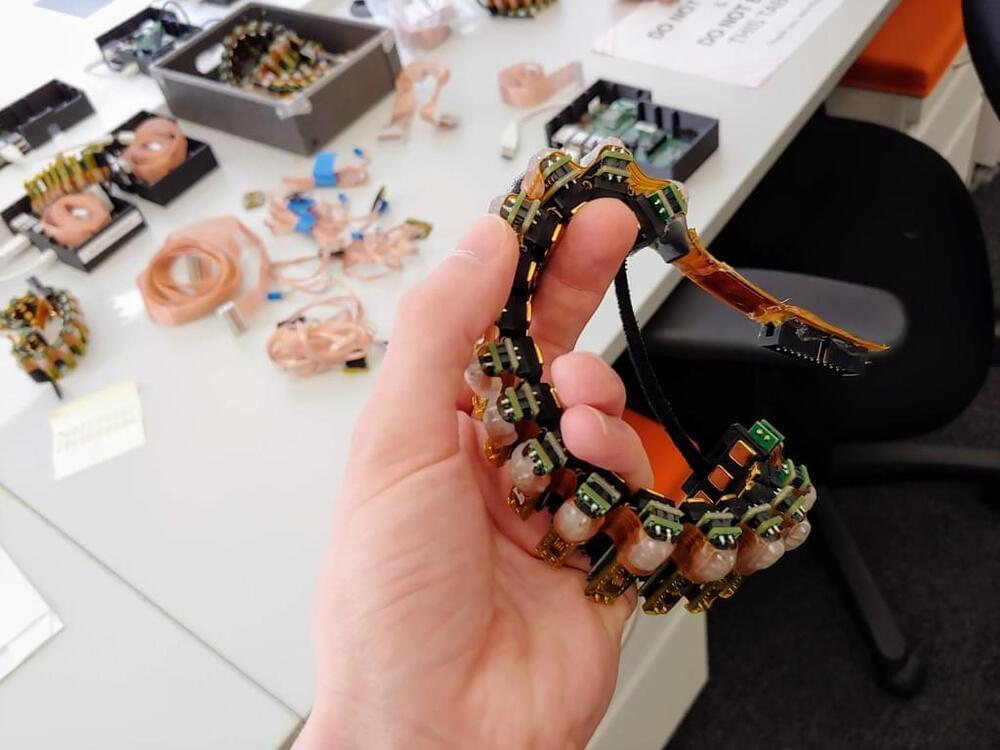DGIST and UNIST researchers have discovered a new quantum state, the exciton-Floquet synthesis state, enabling real-time quantum information control in two-dimensional semiconductors.
A research team led by Professor Jaedong Lee from the Department of Chemical Physics at DGIST (President Kunwoo Lee) has unveiled a groundbreaking quantum state and an innovative mechanism for extracting and manipulating quantum information through exciton and Floquet states.
Collaborating with Professor Noejung Park from UNIST’s Department of Physics (President Chongrae Park), the team has, for the first time, demonstrated the formation and synthesis process of exciton and Floquet states, which arise from light-matter interactions in two-dimensional semiconductors. This study captures quantum information in real-time as it unfolds through entanglement, offering valuable insights into the exciton formation process in these materials, thereby advancing quantum information technology.







